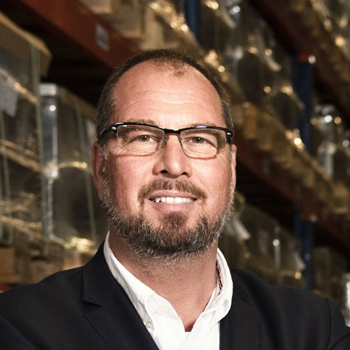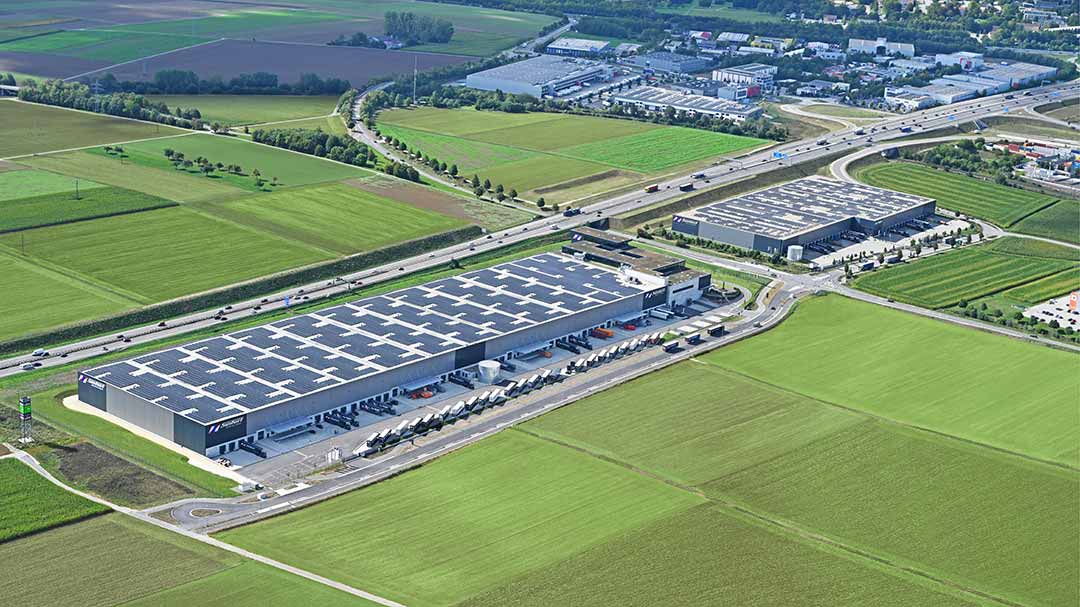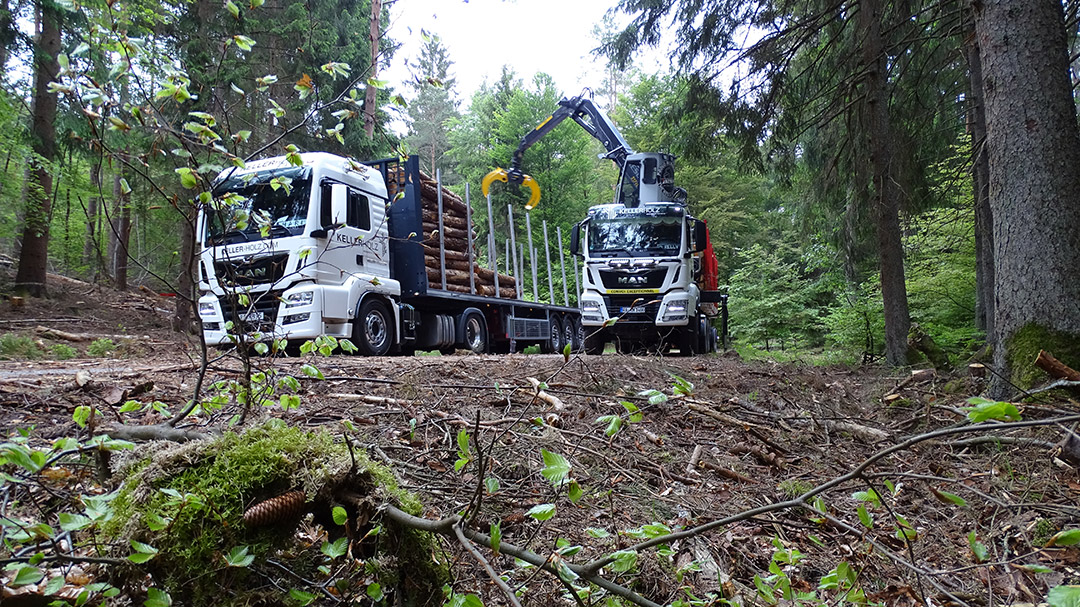Text: Juliane Gringer
Photos: private, Janina Gruppe, Shutterstock
Logisticians not only need good working conditions and fair wages. Above all, they also want more appreciation. Here, actors in the sector reveal how they show this with small gestures – gestures that cost nothing or almost nothing, but with which everyone can gain a lot.
The people who work in transport and logistics are everyday heroes: they ensure the supply of the population and keep the economy running. However, the conditions under which they work are often not ideal: professional drivers in particular are under pressure, have to be particularly flexible and fast, are not always treated kindly at the ramps – and often receive low wages. These general conditions must improve: The conditions under which logistics takes place must be commensurate with the value of the services behind them. But in addition to fair pay and reliable working hours, appreciation is also important.

»If something has worked out well, you should say so.«
Joachim Fehrenkötter, Managing Director of Fehrenkätter Transport & Logistik GmbH
A bunch of flowers

»The boss doesn’t have to get down on his knees in front of me every day, but a simple sentence like ‘You did a good job!’ or ‘Glad you’re here!’ simply does you good.«
Christina Scheib, BGL ambassador
Just take a ride
Positive communication

»In your circle of friends, you can show interest in the job and ask what it really means, instead of putting logistics workers in a drawer full of prejudices.«
Frauke Heistermann, spokesperson for „Die Wirtschaftsmacher“
Rules on the ramps
In addition, a good flow of information, punctuality and clear responsibilities for loading and unloading help. Responsibilities in particular are often not clear. “In many places the drivers are supposed to remove the foils from the pallets or have to do so because there is simply no one on site to do it,” says Professor Dirk Engelhardt, spokesman of the board of the German Association of Road Haulage, Logistics and Disposal (BGL) e.V.. He also appeals to the industry and the population to show more respect for transport and logistics: “The appropriate appreciation of the challenging and indispensable work that our truck drivers do every day for the population and the economy is a task for society as a whole – but one that is gladly suppressed as long as the supermarket shelves are full. This should change urgently.”

»The appropriate appreciation of the challenging and indispensable work that our truck drivers do every day for the population and the economy is a task for society as a whole.«
Professor Dirk Engelhardt, spokesman of the board of the German Association of Road Haulage, Logistics and Disposal (BGL) e.V.
Ask what helps

»You should ask how your colleagues are doing and really respond to the answer.«
Kerstin Fuhrmann, expert for professional change and podcast host of “Gefühlt erfolgreich” (Feeling Successful)
Practical help for compatibility

»I really want to show each and every one that they are important to us.«
Georg Ebeling, Owner of Spedition Georg Ebeling







